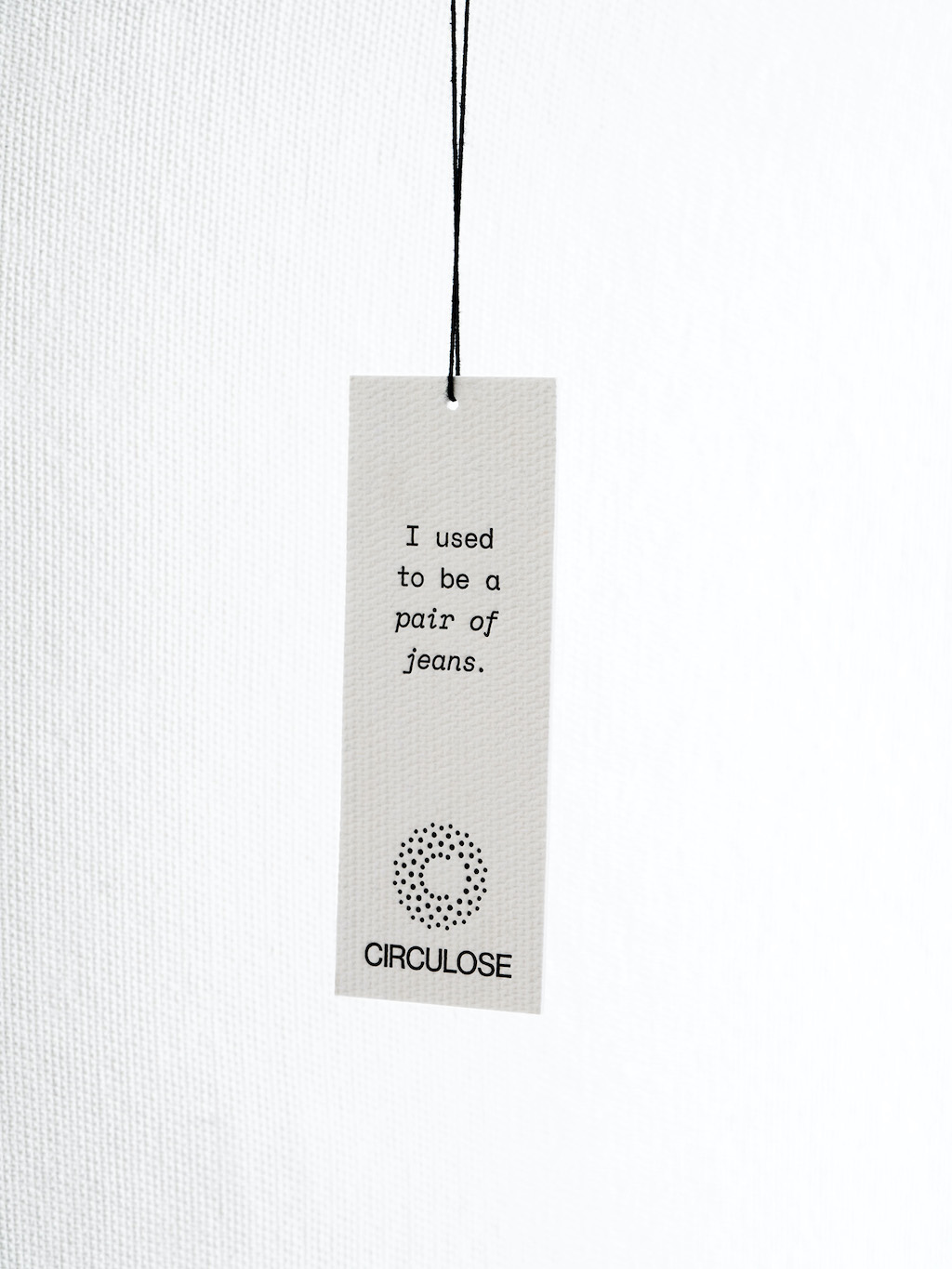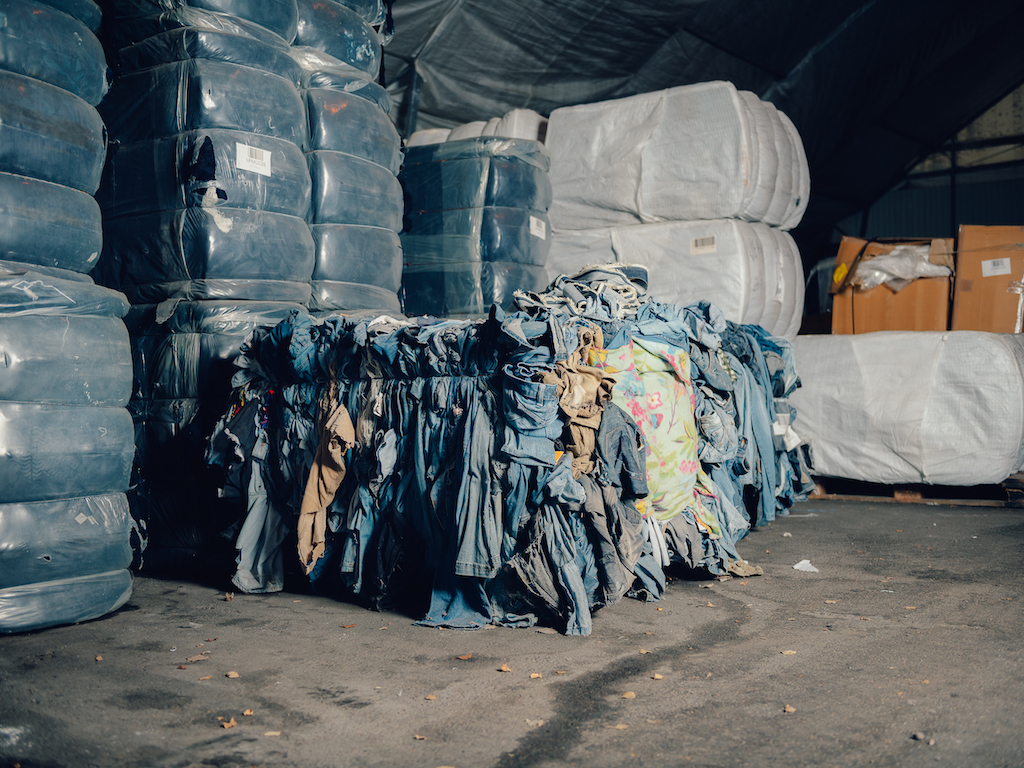4 Mins Read
H&M Group has just announced an expansion of its partnership with Swedish textile recycling startup Renewcell as it strives to become more circular. As part of the multi-year agreement, Renewcell will supply the fast fashion giant with its Circulose fibres made from unusable textile waste, which can be used to produce “millions” of sustainable garments across its brands.
Announced on Friday (November 19), H&M Group and Renewcell have signed an industry-first agreement, which will see the textile recycling startup supply the fashion behemoth with thousands of tonnes of Circulose, its pioneering virgin-quality recycled waste fibres. Over a five-year period, H&M will be using Circulose to “produce millions of garments across its brands”, among them H&M, COS, Monki, Weekday, Cheap Monday, ARKET and & Other Stories.
In continuing our long-term partnership with Renewcell, this agreement is an important milestone not only for H&M Group, but also for the wider industry in terms of having a circular product like theirs available at scale.
Pascal Brun, Head of Sustainability, H&M
“One of the biggest barriers to replacing virgin fibers and using more sustainable materials is the availability of these materials at scale. Agreements like this represent a profound shift in making this a reality,” said H&M in a statement.

“In continuing our long-term partnership with Renewcell, this agreement is an important milestone not only for H&M Group, but also for the wider industry in terms of having a circular product like theirs available at scale,” added Pascal Brun, head of sustainability at H&M.
H&M incorporated Circulose in its Conscious Exclusive collection in March this year, marking the first retailer in the industry to ever use the recycled fabric. Other brands that have since used Circulose include Levi’s, who has used the fabric to make its “most sustainable jean yet”.
Renewcell makes Circulose from reconstituted cotton derived from old recycled jeans and other unusable recovered waste textiles, combined with biodegradable wood pulp. The fibre is unique because it replaces the need to use raw forest material, reduces textile and water waste, while offering no compromise on the texture and quality for apparel.
Currently, the fashion industry uses up enormous amounts of virgin new fibres – with some reports estimating the figure reaching 53 million tonnes annually – making reusing old fabrics and fibres crucial if brands hope to promote sustainability and reduce their unsustainable consumption of natural resources.

I believe that this kind of partnership will become a model for how fashion brands integrate innovations to reduce their negative impact on climate and the environment
Patrik Lundström, CEO of Renewcell
Speaking about its multi-year collaboration with H&M, one of the world’s biggest fashion houses, Renewcell CEO Patrik Lundström said: “We are proud to have taken the next step in our long relationship with H&M Group, a global industry leader that once again puts its words into action to change fashion.”
“I believe that this kind of partnership will become a model for how fashion brands integrate innovations to reduce their negative impact on climate and the environment,” he added.
Read: Q&A with Hanna Hallin of H&M Group’s Treadler on “futureproofing the fashion industry”
The news is the latest in a slew of measures H&M has taken to clean up its role in fuelling the fashion industry’s environmental footprint. Since last year, the brand has launched a number of circular initiatives, from transforming its Stockholm flagship into a rental, repair and recycling concept to introducing other innovative upcycled materials such as Vegea, a plant-based leather made using wine waste.
It has also recently launched a new “Looop” system within one of its Stockholm stores, a display where customers can see its garment-to-garment recycling machine that represents its new closed-loop fashion approach, as well as endorsing Finnish biotech Infinited Fiber along with a number of other fashion giants, who have pledged to incorporate the firm’s patented limitless recycling technology into their collections in the future.
Lead image courtesy of Renewcell.




